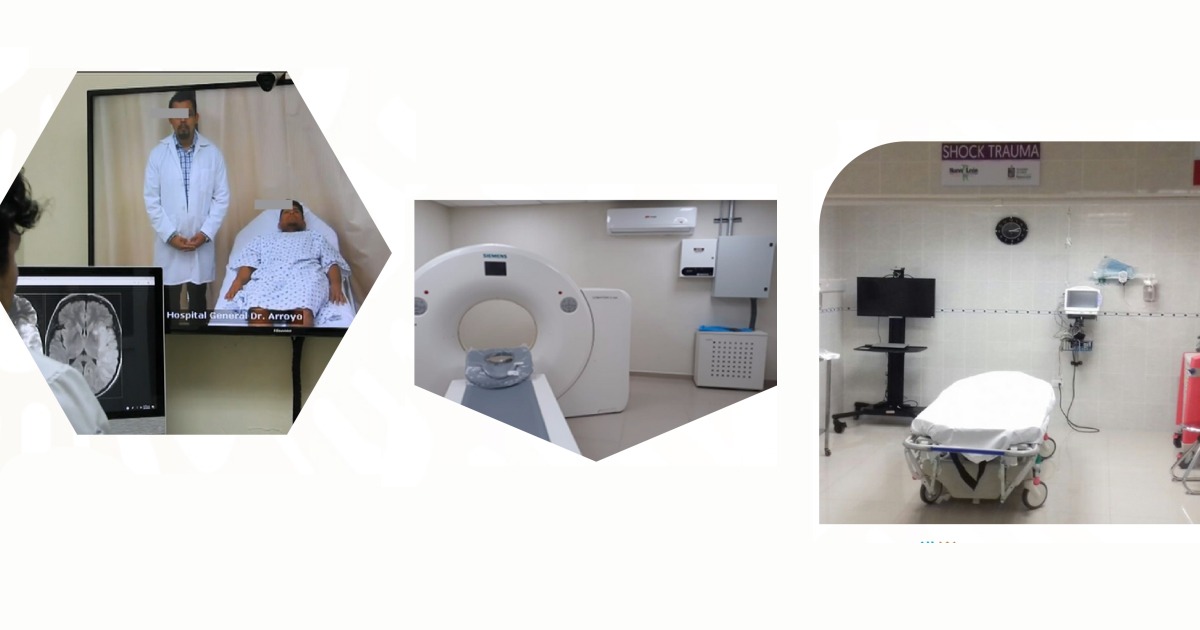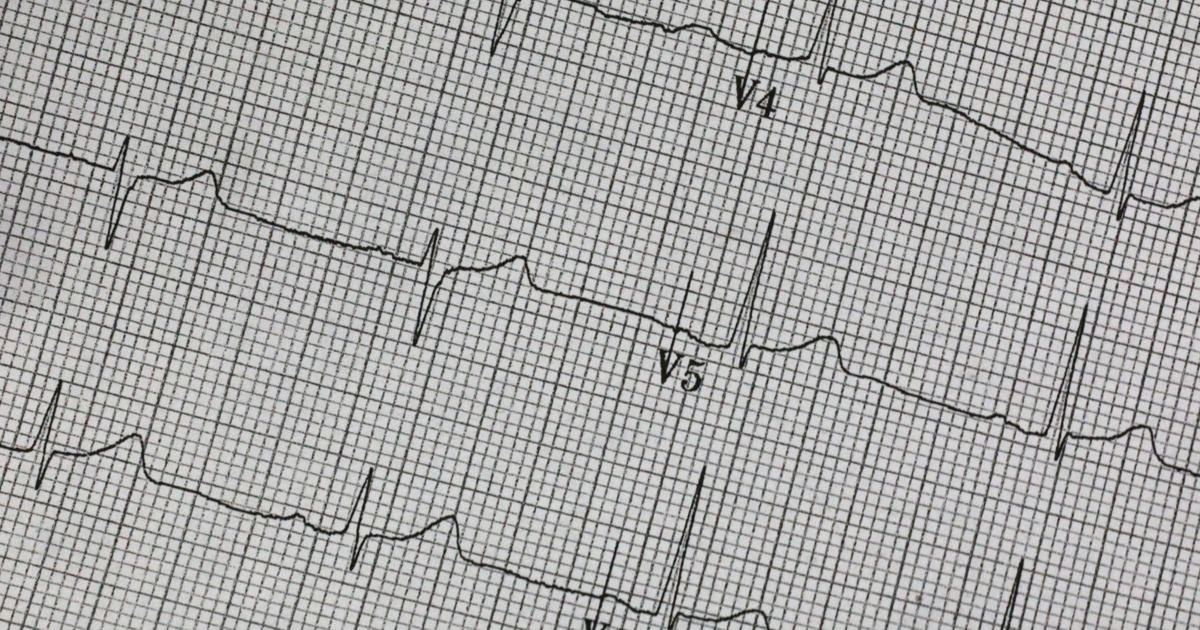Revisión publicada en el JMIR, busca comprender las estrategias los enfoques educativos más efectivos para permitir que los proveedores de atención médica utilicen de manera óptima los sistemas de información en salud
La implementación de nuevos information systems en salud (SIS) requieren capacitación del personal de salud y una importante estrategia de alfabetización digital. El estudio: “Un marco educativo para la implementación efectiva de un sistema de información de salud: revisión del alcance”, publicado en el Journal of Medical Internet Research realizado por investigadores y médicos canadienses, tuvo como objetivo “comprender las estrategias y enfoques educativos más efectivos para permitir que los proveedores de atención médica utilice de manera óptima un SIS”.

Los investigadores definen un SIS como “un sistema diseñado para integrar la recopilación, el procesamiento y la presentación de informes de datos y el uso de información de salud para influir en la formulación de políticas y mejorar la eficacia y eficiencia de los servicios de salud”. Estos sistemas han sido propuestos en un enfoque organizacional, buscando la transformación de la calidad en los servicios de salud para brindar mayor seguridad al paciente y además reducir los costos de atención médica.
Uno de los objetivos de la aplicación de los SIS, es facilitar el intercambio de información de salud entre profesionales, para que la atención médica brindada sea integral. Sin embargo, existen diversos desafíos para su implementación, como la poca familiarización de parte del personal en la adopción de tecnologías digitales, por ello es importante educar a los proveedores de atención médica en cada uno de los niveles de atención y en todas las áreas del sistema de salud, y así aprovechar los SIS al máximo y aplicar las tecnologías de manera eficiente.
La revisión realizada por los investigadores canadienses aplicó un método de búsqueda de artículos y estudios sobre educación y SIS. Realizaron búsquedas en Ovad MEDLINE, Ovid Embase, EBSCO Cumulative Index to Nursing and Allied Health Literature y EBSCO Education Resources Information Center. Posteriormente los estudios seleccionados se revisaron y analizaron de forma sistemática a través de un análisis temático cualitativo.
Un total de 3,539 estudios fueron examinados y finalmente 17 se incluyeron para la extracción final de datos. “La literatura sobre los enfoques más efectivos para permitir que los proveedores de atención médica utilicen de manera óptima un SIS enfatizó la importancia de invertir en involucrar y comprender a los estudiantes en el contexto clínico, maximizar la transferencia del aprendizaje a la atención y diseñar una evaluación continua y ágil para satisfacer las necesidades emergentes y demandas del entorno clínico”, explican en la publicación.
Los artículos cumplieron con los siguientes criterios:
- Examinaron los enfoques educativos (es decir, el aula, la capacitación dirigida por un instructor, la capacitación basada en la web, el aprendizaje electrónico y el aprendizaje híbrido).
- Discutieron los information systems en salud, registros médicos electrónicos, sistema de información clínica, etc.
- Discussed the effectiveness of different approaches in educating staff to use the HIS.
- Described an educational program related to HIS.
- Se aseguró de que la educación se llevara a cabo en un entorno hospitalario.
Los tres principales temas en los distintos enfoques educativos revisados fueron: Invertir en involucrar y comprender a los alumnos en el contexto clínico; maximizar la transferencia del aprendizaje al cuidado; y la evaluación continua y ágil diseñada para satisfacer las demandas emergentes del entorno clínico.
“Este estudio apoya el desarrollo de un marco de aprendizaje de SIS que los educadores pueden usar para guiar el diseño y desarrollo de la educación y capacitación de SIS durante y después de la implementación”, concluyeron los autores. Para leer el informe completo ingresa al siguiente enlace: https://www.jmir.org/2021/2/e24691/







